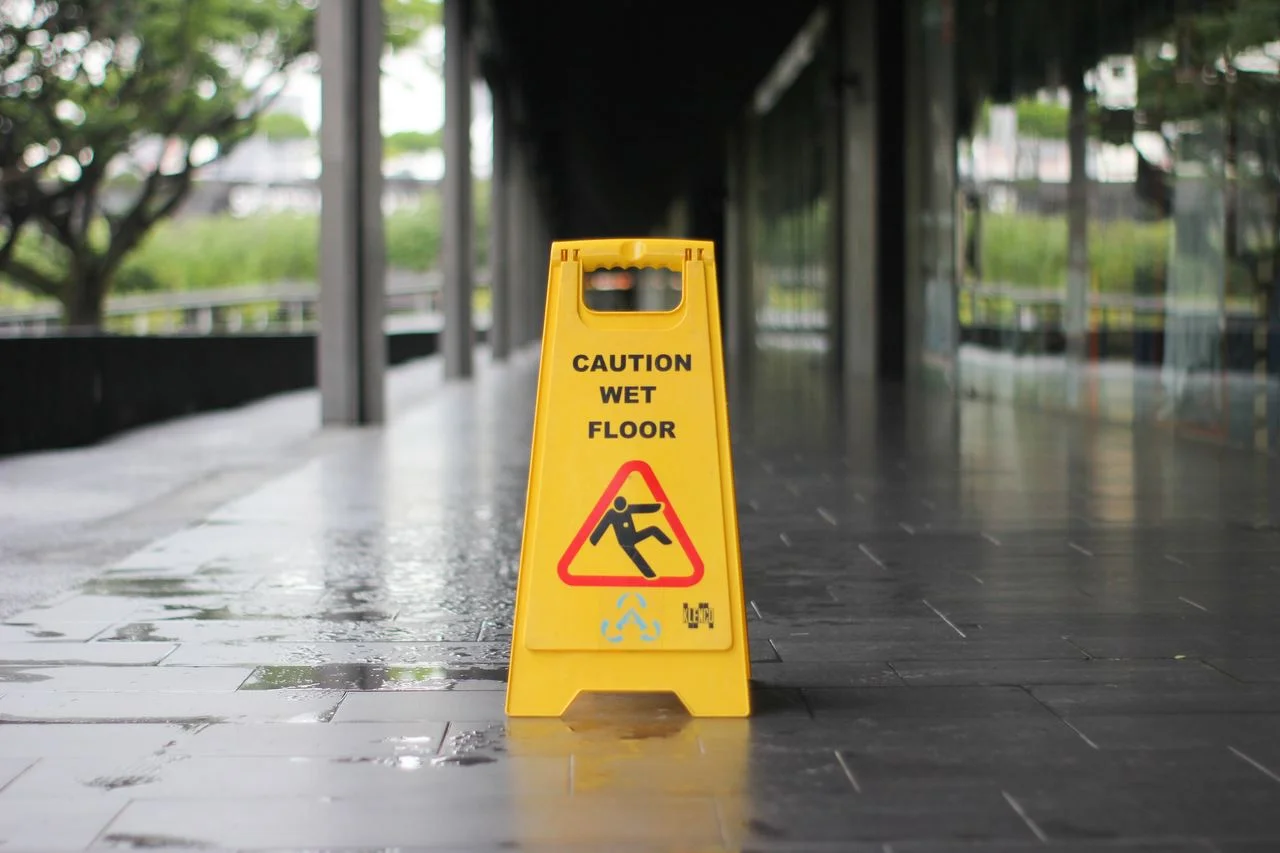Property Owner Liability in Slip and Fall Accidents

Slip and fall accidents might sound minor, but they can have life-altering consequences, from broken bones and concussions to long-term disabilities. If you or someone you know has suffered a slip and fall injury on someone else’s property in South Carolina, understanding property owner liability is essential for pursuing compensation for your losses. Here, we delve into the facets of what responsibility a property owner may hold in such situations.
The Doctrine of Premises Liability
South Carolina law follows the doctrine of premises liability, which holds property owners accountable for ensuring the safety of their premises. This doctrine is applicable to various types of properties, including:
- Commercial properties like shopping malls and restaurants
- Private residences
- Public areas like parks or government buildingsFactors Determining Liability
Duty of Care
The property owner’s liability is largely dependent on their ‘duty of care,’ which refers to the responsibility to keep the property safe for visitors. The extent of this duty can differ based on the visitor’s classification:
- Invitees: Individuals who enter the property for business reasons (like customers) are owed the highest duty of care.
- Licensees: Social guests also deserve a reasonable level of care.
- Trespassers: Typically, property owners owe the least duty to trespassers, except for some specific situations involving children.
Foreseeability
For a property owner to be held liable, the danger must have been foreseeable. That is, it should be a condition that the owner knew or should have known about.
Comparative Negligence
South Carolina employs a “comparative negligence” model, meaning that if the injured party is found to be partially at fault for the accident, the compensation may be reduced proportionally.
Types of Compensation
In a successful slip and fall claim, you might be entitled to various types of compensation, including:
- Medical expenses
- Loss of income
- Pain and suffering
- Emotional distress
South Carolina-specific Considerations
Statute of Limitations
In South Carolina, a slip and fall lawsuit must generally be filed within three years from the date of the accident. Delays can result in losing the right to seek compensation.
Liability Waivers
Some properties may ask visitors to sign liability waivers, especially recreational venues. However, these waivers may not protect the property owner in all instances, particularly in cases of gross negligence.
Conclusion
Understanding the intricacies of property owner liability in South Carolina can make a significant difference when it comes to slip and fall accidents. If you believe you have a claim, consult a personal injury attorney who specializes in slip and fall cases for the best advice tailored to your specific circumstances.
Navigating the maze of premises liability can be overwhelming. However, equipped with the right knowledge, you can better advocate for your rights and take the essential steps towards your recovery.

